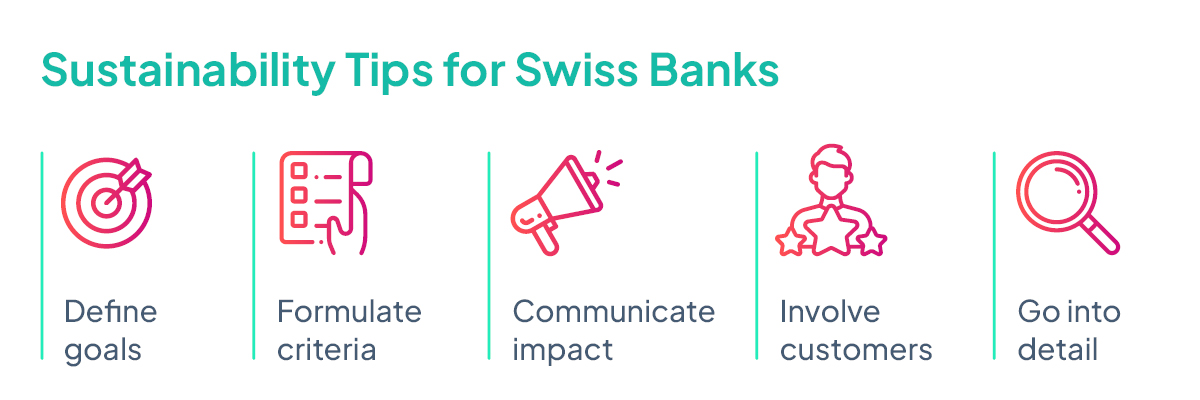This way, banks make a decisive contribution to society, promote environmental protection, and contribute to the common good. What’s more, they themselves benefit from sustainable banking along the way:
- Sustainable banking drives customer loyalty through relevant offerings
- Sustainable banking generates new business, revenue and growth opportunities
From an economic perspective, these benefits are of major importance. The business environment for banks continues to be characterised by volatility and uncertainty, which is why the industry is desperately looking for future-oriented revenue streams.
Sustainable banking helps find solutions to this problem. The potential is entirely realistic, as eco-banks have proven with their now tried-and-tested business model. However, how can established banks catch up with them? One particularly effective way is to give customers tools which they can use to actively make a tangible sustainable contribution themselves. This is exactly the approach adopted by Contovista’s Carbon Footprint Manager.

